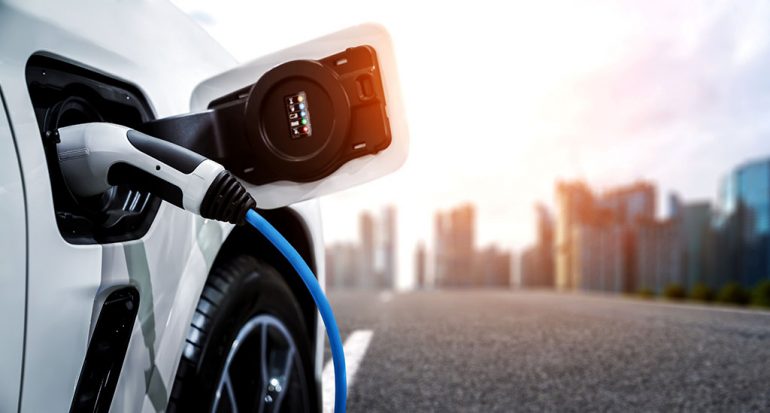
The U.S. Department of Energy is taking substantial steps to bolster the domestic electric vehicle (EV) battery industry by announcing an additional $3.5 billion in funding. This initiative is aimed at strengthening the U.S. battery supply chain, with a focus on companies involved in both battery production and the extraction of critical minerals essential for these batteries.
Recognizing the pivotal role batteries play in addressing climate change, the Energy Department emphasizes their significance in powering electric vehicles and storing clean electricity generated from renewable sources like solar panels and wind turbines. The dominant battery type, lithium-ion, is crucial for both electric vehicles and clean energy storage. Despite ongoing efforts to explore alternatives, the Department of Energy anticipates a tenfold increase in demand for lithium batteries by 2030.
Aligned with the Biden-Harris administration’s ambitious goals of achieving zero pollution causing climate change by 2050 and having half of all new car sales be electric by 2030, this funding aims to secure the supply chain and reduce dependence on Asian markets.
Concerns about a potential mismatch between the supply of battery materials and increasing demand are echoed by industry experts. Jodie Lutkenhaus, a professor of chemical engineering at Texas A&M University, warns against a situation similar to the semiconductor industry’s global shortage during the pandemic, emphasizing the need for diversified production locations.
The Bipartisan Infrastructure Law has allocated a total of $6 billion for battery material processing and manufacturing. The initial funding round supported 15 projects, including those involved in mining critical minerals for lithium batteries. The second round extends support to companies exploring alternative chemistries, such as flow and sodium batteries.
Companies seeking funding are required to cover half of the facility-building costs, with the government grant covering the remaining half for selected projects. The funding has already influenced notable projects, like Albemarle’s lithium processing facility in North Carolina, which received funding in the first round and acknowledges the positive impact on project timelines.
While acknowledging challenges in ramping up the global supply of critical minerals, experts like Matthew McDowell of the Georgia Institute of Technology express excitement about the transformative impact of recent legislation on the U.S. battery manufacturing sector. The funding is seen as a catalyst for innovations in clean energy storage, with an emphasis on next-generation technologies like solid-state batteries.
Despite challenges, there is optimism about the potential of alternative battery types, such as sodium-ion batteries, particularly for grid applications. The deadline for companies to apply for funding under this initiative is mid-March, marking a crucial opportunity for the U.S. to strengthen its position in the evolving EV and clean energy storage industries.
Source: Associated Press

Mike Floyd is a finance executive by trade and a car enthusiast at heart. As a CFO with a keen eye for detail and strategy, Mike brings his analytical mindset to the automotive world, uncovering fresh insights and unique perspectives that go beyond the surface. His passion for cars—especially his favorite, the Porsche 911, fuels his contributions to Automotive Addicts, where he blends a love for performance and design with his professional precision. Whether he’s breaking down industry trends or spotlighting emerging innovations, Mike helps keep the site both sharp and forward-thinking.